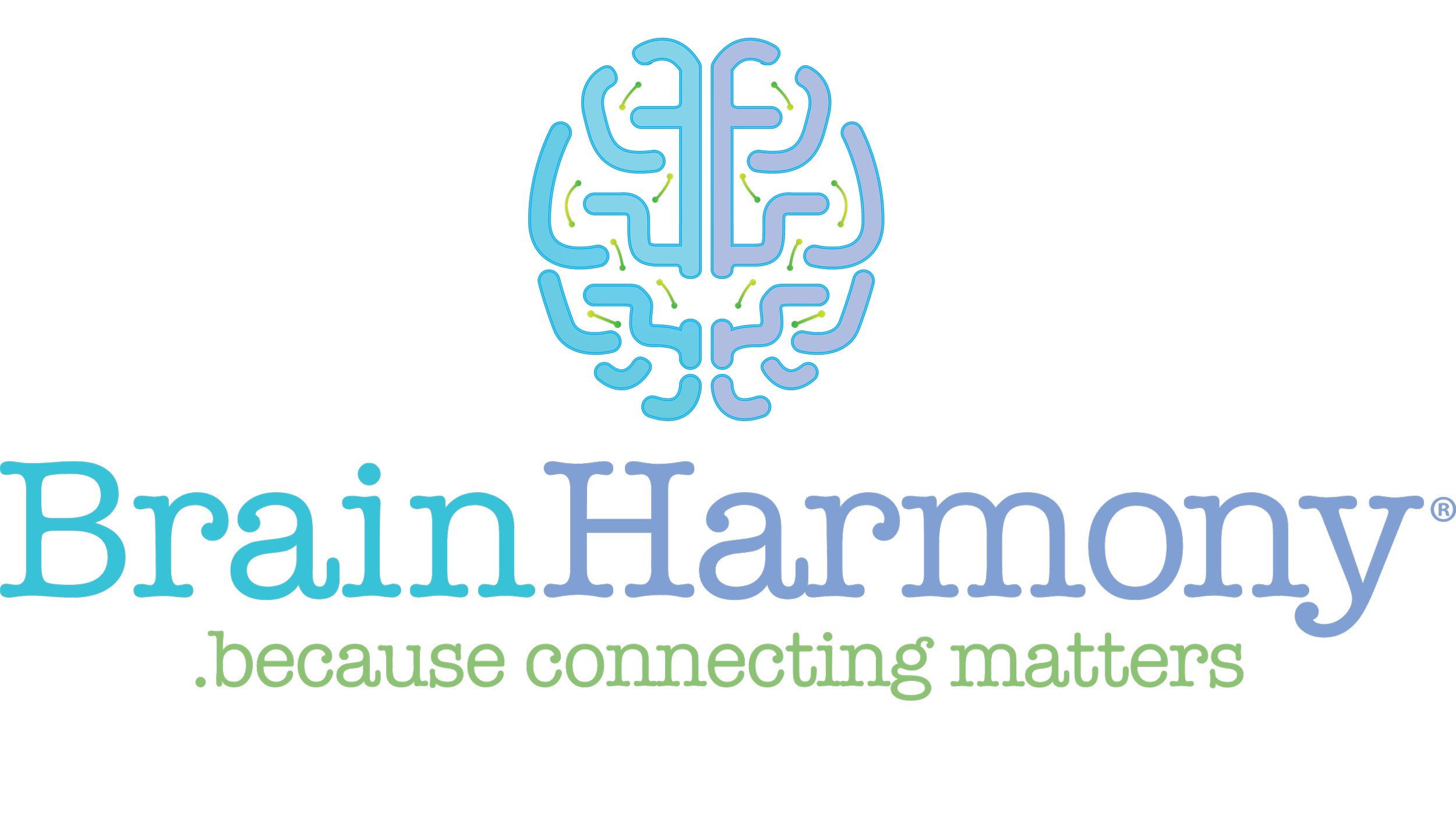What Is Neurofeedback (and Does It Work)?
In the last few years, neurofeedback has become more and more popular as a way to improve brain function. It’s a valuable tool that teaches your brain how to work better on its own, creating long-term changes in the way you think and behave.
We often get questions about whether Brain Harmony does neurofeedback. While we believe neurofeedback is an excellent clinical tool, we use a different approach to improving brain function.
Here’s a look at how neurofeedback works, how it compares to Brain Harmony, and how you can use the two together to improve your cognitive function.
What Is Neurofeedback?
Neurofeedback is a type of cognitive therapy that teaches your brain to regulate itself better.
During a neurofeedback session you get electrodes placed across your head. They measure electrical activity in your brain, convert the activity to sound, and play the sound back to you through headphones or speakers. You’re essentially listening to your brain waves (or watching them -- some neurofeedback uses video instead of sound).
When listening to your brainwaves, you receive positive cues (a pleasant tone, for example) for desirable brain activity and negative cues (like an error buzz or silence) for undesirable brain activity.
Over time, your brain will begin to associate the positive cues with good brain activity and the negative cues with undesirable brain activity, and will begin rewiring itself to do more of the good brain activity.
Through this process, neurofeedback rewires your brain for better function. Studies show that neurofeedback can help with ADHD and attention issues[*], depression[*], anxiety[*], and more[*].
Neurofeedback Vs. Brain Harmony
The pyramid below shows how our brains are organized. You’ll notice that the sections at the bottom are very basic sensory functions -- taste, smell, and so on -- and that as you move up the pyramid, the processes become more complicated. The top -- behavior and academic learning -- represents our most complex brain processes.
Neurofeedback is good for improving high-level, complex brain function. It works well for modifying things at the top of the pyramid, like attention, behavior, and learning.
But if your brain isn’t well organized at the bottom of the pyramid, high-level improvements won’t work very well. Jumping straight to neurofeedback with disorganized brain function is like building a beautiful house on a cracked foundation -- you may see short-term benefits, but the results won’t last.
At Brain Harmony, we improve brain health from the ground up. We start by strengthening the foundational aspects of brain function, then improve organization and communication across brain regions. Once your brain is functioning well at a baseline level, we begin to focus on behavior, attention, learning, and other high-level functions.
By starting at the bottom and working up, our patients see real, long-term improvement in their brain function and behavior. Their brains are strong at every level, which leads to long-lasting change.
Do Brain Harmony and Neurofeedback Work Together?
Absolutely! We’ve had a number of patients use neurofeedback with great results.
However, we recommend starting with our brain-focused therapy before moving on to neurofeedback, for two reasons:
You’ll see faster results. Our therapeutic tools and activities help you build a more organized, stable brain. As a result, you’ll progress much more quickly with higher-level changes like neurofeedback. This also saves you money, as neurofeedback requires advanced technology and clinical experience, so each session tends to be quite expensive.
Brain changes will last long-term. With a strong foundation, any improvement you see from neurofeedback is more likely to last long-term. If your baseline function or brain organization is compromised, you may see mild to moderate improvement with neurofeedback, but the changes are unlikely to last.
You may not need Neurofeedback afterall. So many of the neurological challenges plaguing our community today are the direct result of a disorganized neurological system. With improved organization, many do not find the need for neurofeedback.
If you have questions or are interested in improving your cognitive function, we’d love to hear from you. Schedule a free consultation today; one of our licensed therapists will talk to you about your needs and let you know if Brain Harmony can help.

